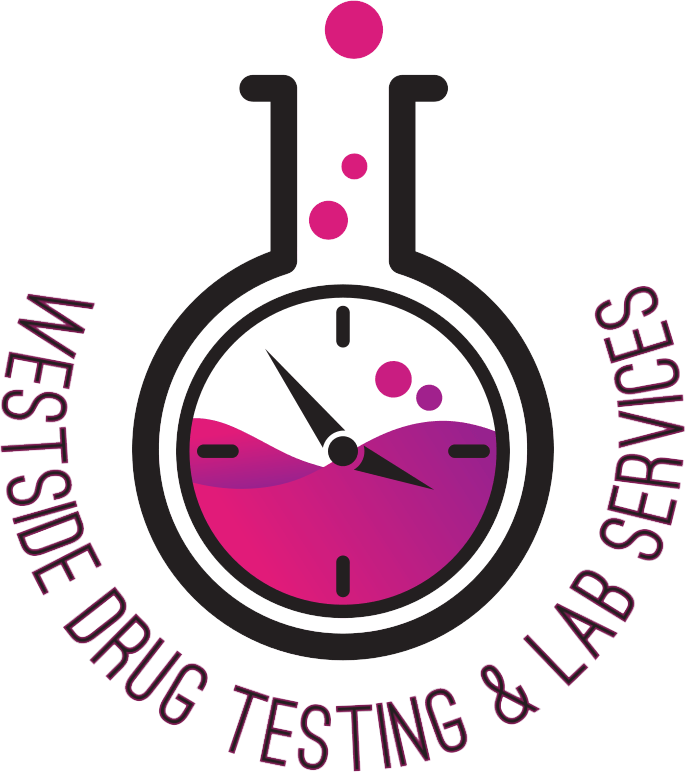ITCHY EYES HEADACHES
STOMACH CRAMPS SNEEZING
DO YOU HAVE ALLERGIES?
Don't Take Risks When It Comes To Allergies
With the blistering heat, strong winds and large amounts of airborne allergens in our air, Texans suffer tremendously with allergies all year long, it seems.
Westside offers on-site Basic Airborne Allergen testing all the way up to very comprehensive panels. Come to us for answers concerning your allergies and hay fever.
Food-borne allergens are also a major problem for many folks. We offer basic panels (46 foods) that cover most of the foods people eat. We also have more extensive panels (90+ foods) for those needing a bigger picture of their food allergies.
OR, select one of our combination panels that include BOTH food and airborne-related allergy information! Knowing what your fighting goes a LONG WAY in finding relief from those bothersome, sickness-inducing allergies that plague Texans!
WHAT ARE ALLERGIES?
Allergies are a result of the body's increased sensitivity to common substances in the environment. These substances are called allergens Allergens cause reactions when entering the body through the skin, by inhalations or by ingestion.
Wind blows pollen from grasses, weeds, trees, mold, animal hair, house dust and foods are all examples of
allergens.
When an allergic person is exposed to an allergen, the inmune system produces an antibody, called Inmunoglobulin E
(IgB. It is the production of this antibody that eventually causes allergy synpptoms sneezing, runny nose, headaches,
stamach cramps joint pain and others.
BASIC COMBO PANEL
(45 regional inhalants & 46 foods)
(45 Regional may vary base on location)
Bluegrass/June
Orchard
Fescue
Vernal
Ryegrass
Redtop
Timothy
Brome
Aspergillus
Alternaria
Helminthosporium
Dock/Sheep Sorrel
Penicillium
Rhizopus
Smut mix/Stemphylium
Candida Albicans
Ragweed
Pigweed
Lamb’s Quarters
Greasewood
Marsh Elder
English Plantain
Willow
Sage
Saltbush/Scale mix
Russian Thistle
Kochia/Firebush
Cottonwood/Aspen
Alder
Ash
Juniper/Cedar
Box Elder/Maple
Oak
Elm
Walnut
Hazelnut
Sycamore
Birch
Housedust-Mites
Cockroaches
Cat
Dog
Horse
Feathers-Mixed
Cladosporium
(45 Regional may vary base on location)
Cheese
Milk
Yogurt
Eggs
Apple
Banana
Barley
Hops
Oats
Rice
Rice
Soybean
MSG
Nut Mix
Peanut
Yeast
Cod
Salmon
Bean Mix
Broccoli
Carrots
Celery
Corn
Lettuce


